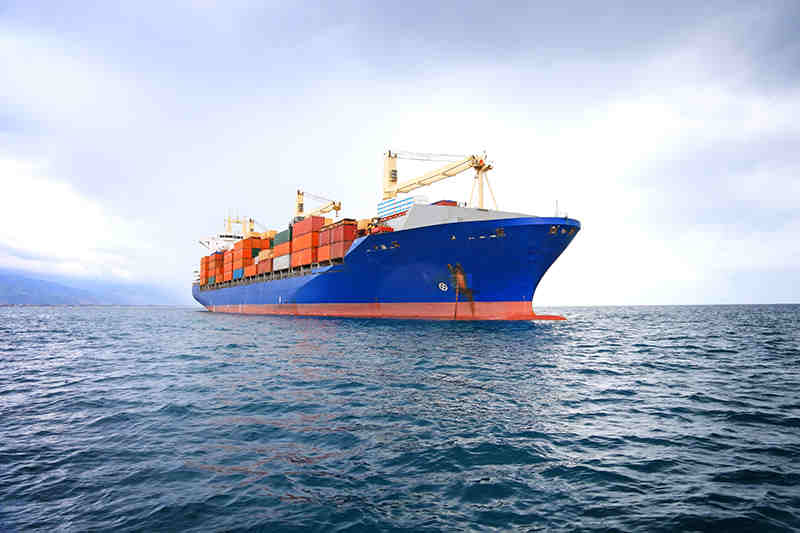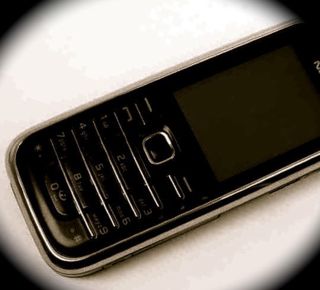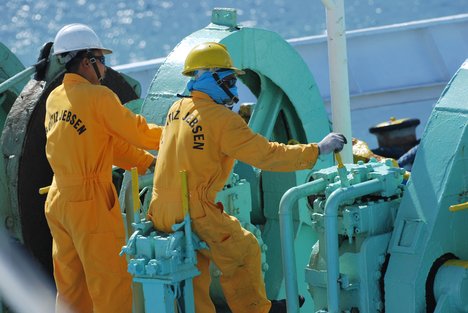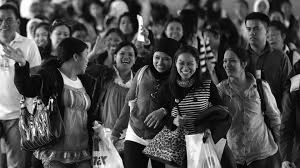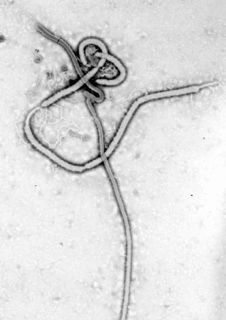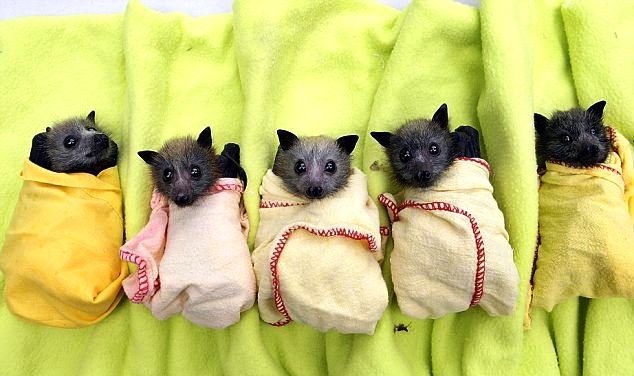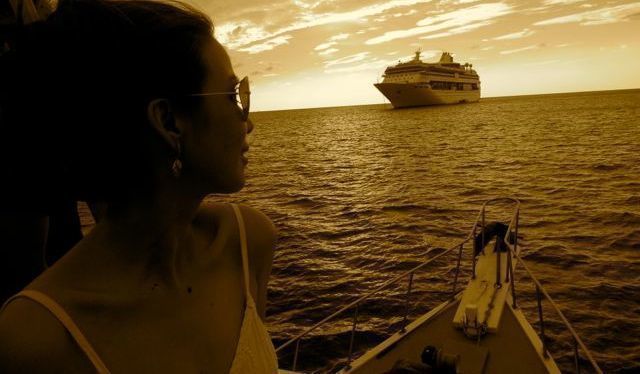The man’s voice cracked, the thinness of its timbre edging on sorrow, I winced.
So this is how a dying man sounds like.
But the man, who was a sailor –crew member of a cargo ship– was not only dying, he was dying at sea, somewhere off the coast of Somalia.
Pirates’ playground, they say, where even the gods dare not voyage near.
The large vessel swayed back and forth as the sea was restless. This used to calm him, the rocking, lullabied to sleep by the rocking. But now– he just felt… puke-y. So he obliged himself.
He knew he was out of time, he was gravely ill with an undiagnosed disease that was consuming his inner self like a famished beast.
The sailor had to think fast though his thoughts were a blur, delirious, 3..2..1…prepare for shutdown.
Fighting the tremors, he gripped the cheap Nokia and pushed RECORD.
And as the red button blinked, the dying sailor let out a long livid growl.
I jumped, frightened, almost dropping the Nokia phone I was holding.
Ehehe…sorry ‘bout that…cough cough… But no one in the room seemed to notice, no one budged.
We were in the living room of the dead sailor’s home in Manila. The whole family was there, mother, wife, other relatives, except for the two year old daughter who was asleep in the bedroom.
My cameraman and I were transferring the dead sailor’s voice recording to our camera, to be aired later in the nightly news. There was a welfare officer assisting us.
We were all listening to the man’s last words, his story, what he was most grateful for in life.
He talked to his mother, gave encouragement to his wife be strong I love you, and as he uttered his two year old daughter’s name, the line went hiss.
Panicked, I made eye contact with the welfare officer, is he dead?
The man was still there, sobbing quietly, longest pause…the man was disintegrating, but not without regrets.
The feral ache, for the child he will never see again.
I cleared my throat, still holding the phone.
I felt… dirty, like I had no business holding that phone and being privy to such intimacies. Inappropriate, like a gatecrasher, only worse. I couldn’t look straight at the mother, the wife who were beside themselves with grief.
Nosy Rosie.
I cleared my throat again.
The mother, sensing my unease, attempted a weak smile, and assured us that what they really wish for was for his son’s story to be told.
Thank you.
My cameraman sighed, thank you. We left, my legs were weak.
We are a nation of migrants. No shame in that.
The great Filipino diaspora has shaped the modern landscape of our country and of the greater world where every Filipino chooses to call home.
The money or remittance being sent back to the homeland by Filipino migrants and workers would often be the only driving force in our economy.
Not an ideal scenario, if we want to be strict about real, sustainable development. But it works, for now.
Millions of dedicated and very homesick Filipinos are working in every part of the globe. Many barely get by since most of the income gets sent back to their families in the Philippines.
While we enjoy the bounties of their hard labor, many of our Filipino workers remain vulnerable, uncertain of their future– at sea, so to speak.
The now happening Ebola outbreak reminded me of the dead sailor’s voice years ago– wistful, longing for home, with him it was not meant to be…but maybe someday…
There are more than 300,000 Filipino seafarers all over the world. I’m told no other country tops this number. They are most in demand because Filipino seafarers are tough, astute, honest and can communicate in more than one language. They’re worth the pay.
Our seafarers, which includes crew members of commercial vessels as well as luxury cruise liners, are now most susceptible to the Ebola disease because they’re constantly on the move, traveling from port to port. Many also take the West Africa route.
As a preventive measure, the government ordered all ship owners and employers to secure protective gears such as medical masks, goggles and gloves for each and every seafarer out there.
They are also not allowed to disembark from their vessels in ports where Ebola is still a problem.
I hope everyone complies.
We’re so done recording dead people’s voices.
P.S.
I had a quick chat with the Epidemiologist Dr. Adrian Buensalido who’s a Filipino migrant worker in the United States until he decided to come home for good. Lord knows we need his expertise here.
He caught me off guard when he announced to me that in fact, Ebola has been in the Philippines for decades.
I must have freaked out quite a bit…my cameraman later said SHAMEONYOU! for looking like this:
I’m so terrible at this poker face business, I should just stick to Chinese Checkers, my semi-expertise.
Anyway, Dr. Buensalido clarified that Ebola, like SARS or Severe Acute Respiratory Syndrome, has several strains. The Ebola strain that’s in the Philippines is the reston strain, which surprisingly, he said, “does not harm Filipinos!”
Uh, but what about my Korean neighbors Doc?
What about them?
Uh, thanks Doc.
P.P.S.
There’s a whole bunch of literature now linking CLIMATE CHANGE to INFECTIOUS DISEASES.
I know, I know, it’s like are we REALLY blaming everything on climate change?
Blame someone else, say… Batman!
Actually, it is the height of sophisticated fatalism for us Filipinos to be able to declare with great conviction: Bahala na si Batman. (Translation: Oh, Batman will take care of it.) Note: Every Filipino, from farmer to priest to president has said this at least once in his or her life, I promise.
Batman be!
Batman is!
Batman is …WIN!
By the way, since I’m a party pooper (sorry in advance), may I just say that one of the natural hosts of the Ebola virus is believed to be a fruit BAT. (Rough transition, I’m so out of ideas…)
BATS that attack villages because their habitats (you know, where there are lots of trees!) have been severely deforested. These poor BATS now need a new home, of course… so off to the tepee they go –or whatever you call those huts in Africa.
And as for climate change, well…the rise in temperatures as well as the heavy rains and intense precipitations are now believed to expedite the spread of infectious diseases…malaria? Ebola? …who knows what else.
P.P.P.S.
So…Please stay warm, take your vitamins, sleep well, drink lots of water.
Cheers!

